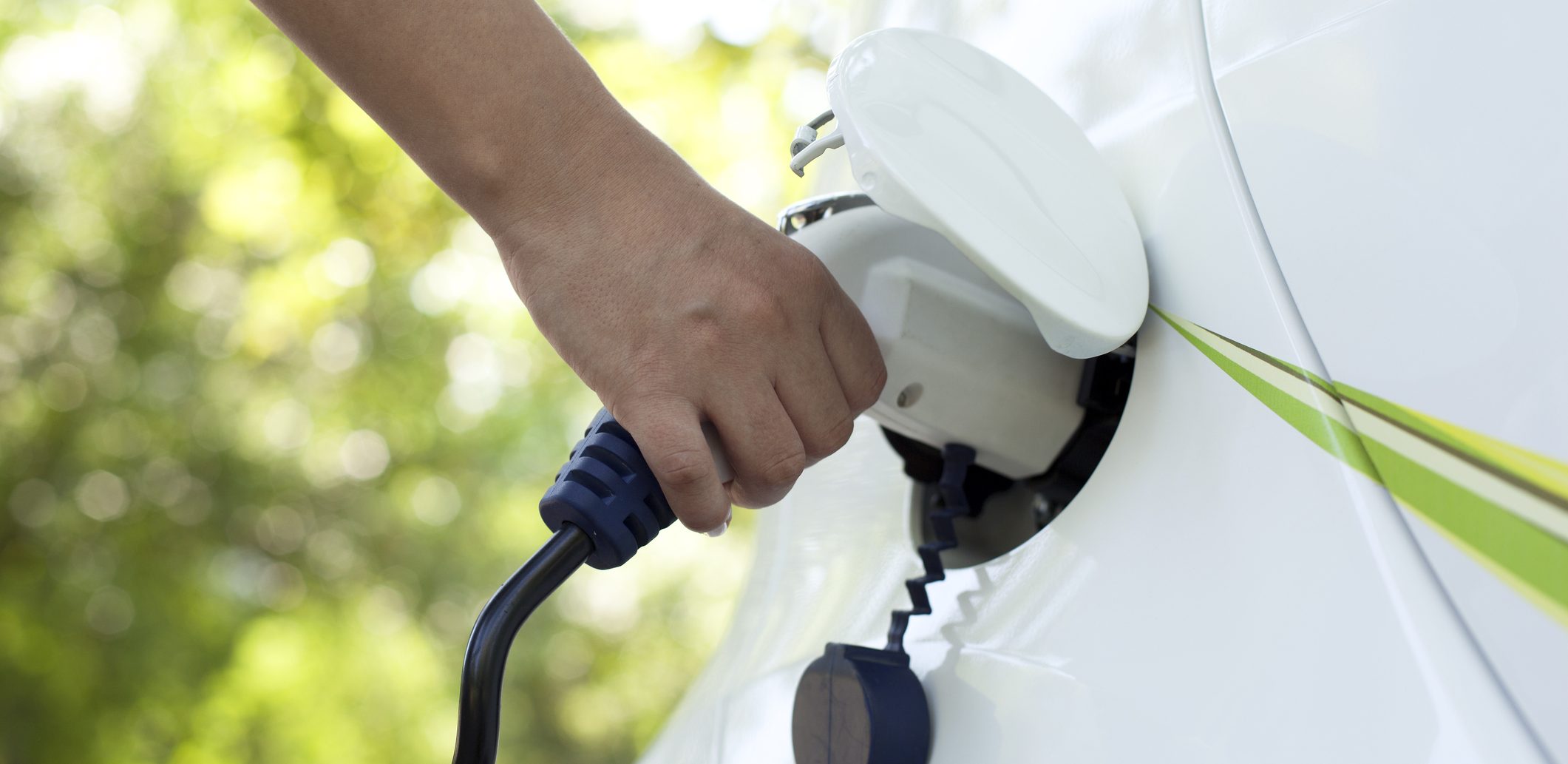Assurances â€not nearly enough’
A flurry of updates have come in quick succession after news broke suddenly on Tuesday night (February 14) that Peugeot owner PSA was in talks with GM over a potential sale of GM’s European Opel operations, which includes its UK affiliate Vauxhall.
The possible buyout by PSA has stoked fears over plant closures and jobs losses, with up to 35,000 jobs at risk at the Vauxhall’s plants, retail operations and the wider supply chain.
In the latest news, business secretary Greg Clark travelled to France last night (February 16) to have talks with PSA executives, but returned with only vague assurances over jobs.
“I had constructive meetings in Paris with both my French counterpart, the industry minister and executives of PSA Group, in which they explained the rationale behind this potential alliance,” said Clark in a statement.
“They stressed that they valued highly the enduring strength of the Vauxhall brand, underpinned by its committed workforce. While discussions are still ongoing, they made clear to me that in any deal these were strengths they would wish to build on.
“We agreed to remain in close contact during the period ahead.”
But Aston University professor David Bailey, an influential expert on economic restructuring and industrial policy, said on BBC Breakfast this morning (February 17) that such assurances “are not nearly enough”.
“British ministers over the years have got plenty of assurances from incoming foreign investors and they’ve meant nothing in the longer term,” he said.
Bailey added that securing jobs will necessitate a much more interventionist approach from the UK government, such as in France or Germany, which both have long strongly supported their manufacturing base.
Bailey projected that uncertainty over Brexit will be a huge consideration in any decisions over Vauxhall’s future, especially considering that prime minister Theresa May has said the UK will not seek single market membership after it leaves the EU.
If the UK remains outside of the single market, cars being exported to the EU – where 85 per cent of cars produced at the Vauxhall Ellesmere Port site now end up – could face 10 per cent sales taxes.
To make matters more complicated, the vast majority of components for the Astra – Vauxhall’s key product – are sourced from outside of the UK, which again in a post-Brexit scenario outside the single market, could be slapped with more taxes.
“In a scenario where WTO rules were in place, [parts from outside the UK] would most likely incur charges averaging 4.5 percent each time they crossed the EU border, something that can happen several times over in the manufacture of complex automotive assemblies such as transmissions and engines,” Bloomberg highlighted.
The high stakes for the future of Vauxhall, and indeed the wider UK automotive industry, have prompted Unite to continue to press the UK government to rethink its position over the single market.
High stakes
“The reality is of course Brexit is a factor in play and that’s why of course we’re in discussions with our government about, from my union’s point of view, hoping to keep access to a tariff-free single market,” Unite general secretary Len McCluskey told Bloomberg yesterday (February 16).
“There’s lots that will have to be done in the next two years in those areas,” he added. “But with General Motors, we also need to make certain that nobody’s looking to use Brexit as an excuse to attack our jobs.”
McCluskey, who also has met with the business secretary and GM executives after the news broke, highlighted that despite the fact that a majority of Vauxhall’s cars are exported to mainland Europe, the UK is still Vauxhall’s largest single market within Europe – and the fifth largest in the world.
“It’s a profitable market and the plants in the UK are amongst the highest productivity plants in the whole of the automotive sector,” he said.
Bailey, too, highlighted that the Vauxhall plants in Ellesmere Port and Luton are “very efficient”.
“Management and workers have pulled out all the stops in recent years to make them successful and flexible and get costs down,” Bailey explained, which strengthens the case to maintain the UK plants.
McCluskey noted that the strength of the UK’s automotive sector – which last year hit a 17-year production high of 1.7m cars, making the UK Europe’s third most prolific car manufacturer – was reason enough for the government to step up and offer the industry as much support as possible amid Brexit uncertainty.
He called on the government to offer any future GM/Peugeot alliance the same post-Brexit assurances it offered Nissan, which may have influenced the car firm’s decision late last year to produce its new Qashqai model and the X-trail in the UK.
“Automotive has been the shining light in a pretty bleak period over the past eight or 10 years,” McCluskey said. “We’ve got no intentions of allowing a single job loss as a result of anything that might happen in the discussions between GM and Peugeot.
“There’s a strong case to maintain the plants in Britain and of course we’ll be liaising with our sister unions across Europe to make certain that the solidarity that we hope to create will make Peugeot and General Motors respond in positive fashion.”
After his meeting with business secretary Clark and GM chair Dan Ammann yesterday (February 17), McCluskey said that while no cast-iron assurances had been given over Vauxhall jobs, “concrete proposals were imminent”, after which he said would be meeting Unite reps at Vauxhall in the coming weeks.
McCluskey is also now seeking urgent meetings with PSA chief executive Carlos Tavares.
Stay tuned on UniteLive for more updates as the story develops.
 Like
Like Follow
Follow


